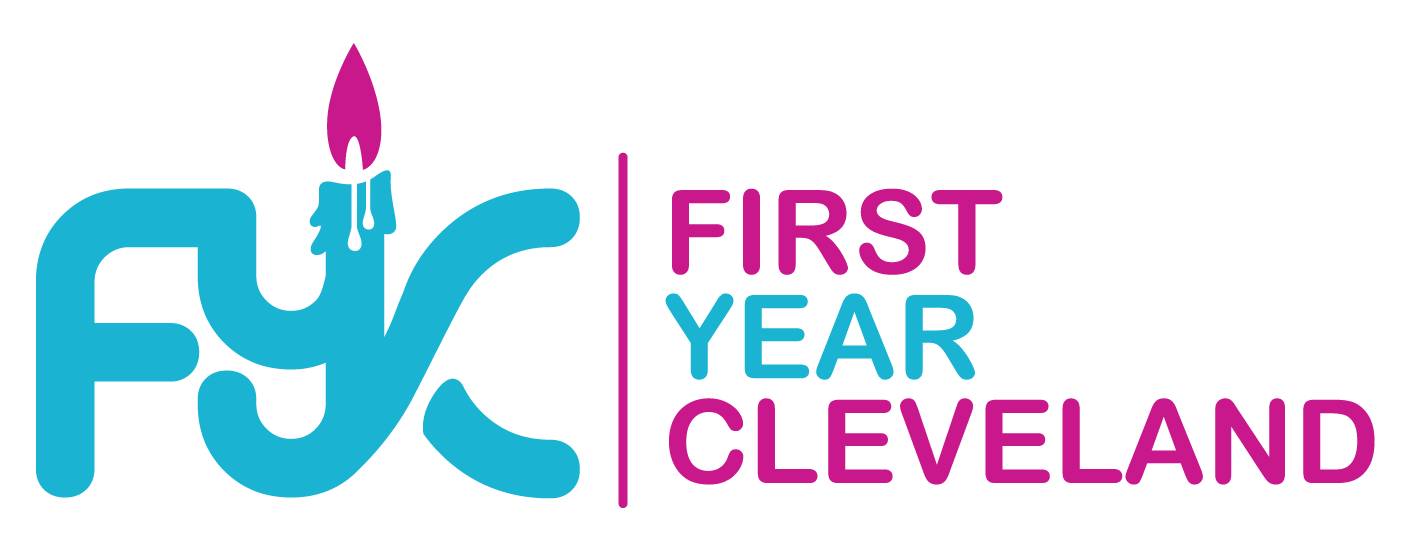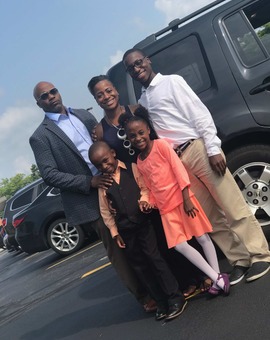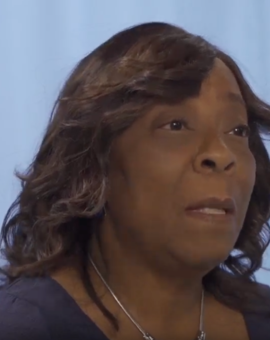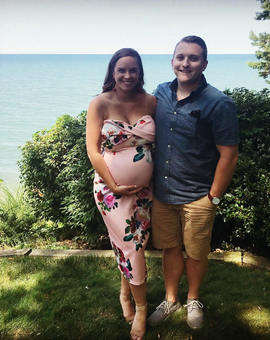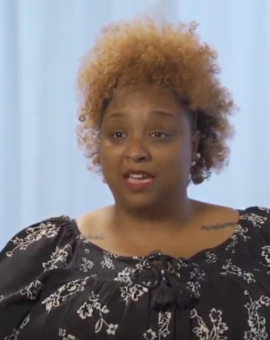
Ramia G.
After the devastating loss of her four-month-old son, Maison, in 2012, Ramia turned her sorrow into activism. As a member of the First Year Cleveland Safe Sleep program, Ramia has shared her story in an effort to spread the importance of the ABCDs of safe sleep, reminding parents and caregivers to put a baby to sleep Alone, on their Back, in a Crib and Do not smoke. In addition, she is the co-founder of Mending Mommy, a community-based support group for parents who have lost a child. Through monthly meetings and events, Mending Mommy provides a space for parents to heal in a supportive, open environment. Here, Ramia shares her story of finding strength after tragedy.
The evening my son passed away, I was at work. It was strange because my husband kept calling me back to back to back. When I finally picked up the phone, the only thing he could get out was, “Maison,” our son’s name.
I immediately knew something was really wrong. I collapsed on the floor of the bathroom at my job.
By the time I made it home, I was greeted by the coroner. They had already tried, unsuccessfully, to administer CPR.
Cause of death was determined to be sudden infant death syndrome (SIDS), as there were no health concerns and there wasn’t anything in the crib — no bumpers, no pillows. We were devastated, to say the least.
There was a mixed reaction among friends and family. Some of my family members were supportive, but others were insensitive. They just didn’t know what to say. It’s almost preferable that they don’t say anything. But, that’s how you end up feeling isolated because you don’t want to risk it.
We don’t want to lose any babies to something that can be prevented, so it’s important to speak to parents about the ABCDs of safe sleep — to put a baby to sleep Alone, on their Back, in a Crib and Don’t smoke. It’s a no-brainer for me to help spread the word.
The hardest part of that is encouraging people to put their babies to sleep on their backs. In our culture, we’re told by our parents and our grandparents that stomach sleeping is fine. Nothing bad happened when they did it all those years ago. They do really want the best for you, but they’re not really open to hearing about the new research. They want you to get rest and to them, that’s how you do it: you put the baby to sleep on their stomach.
“So many people live in silent grief and pain, and I can give voice to them, so they can begin to heal.”
So, I push back and tell them this: That one time you decide not to follow the safe sleep guidelines could be the one time that puts your baby at risk.
Do the best thing that you know how to do.
Each day gets a little more manageable, but it still feels like the day I lost my son. You don’t want to ever live with having buried a child. It’s the worst feeling in the world. It’s not worth it.
Support groups are very important. Sometimes people don’t want to talk about their grief, but talking about it is one of the ways you begin to heal.
My friend Dawn and I kept saying, “We need to do something.” So we launched Mending Mommy in August 2018. It’s a local organization that provides support to mothers and fathers who have suffered the loss of a child, no matter how old the child was when they passed. We build each other up, and we’re there for each other. That fellowship is so important.
We meet once a month, kind of informal. It’s a safe place. We can feel like somebody gets us and that they can relate to that level of pain.
Sometimes, in our grief, we have the tendency to isolate ourselves. And that can be detrimental to healing — so Dawn and I have created a space where people can process what they’re feeling.
I’ve become the voice for parents who don’t share. So many people live in silent grief and pain, and I can give voice to them, so they can begin to heal. You don’t ever get over the loss. You anticipated growing with this child — through kindergarten, college and kids of their own.
And that future is gone — and it’s a hard thing to cope with.
So, now this is my purpose. And it also helps me because it helps me feel like my baby’s life wasn’t in vain. Because now I get to help people through sharing his story.
